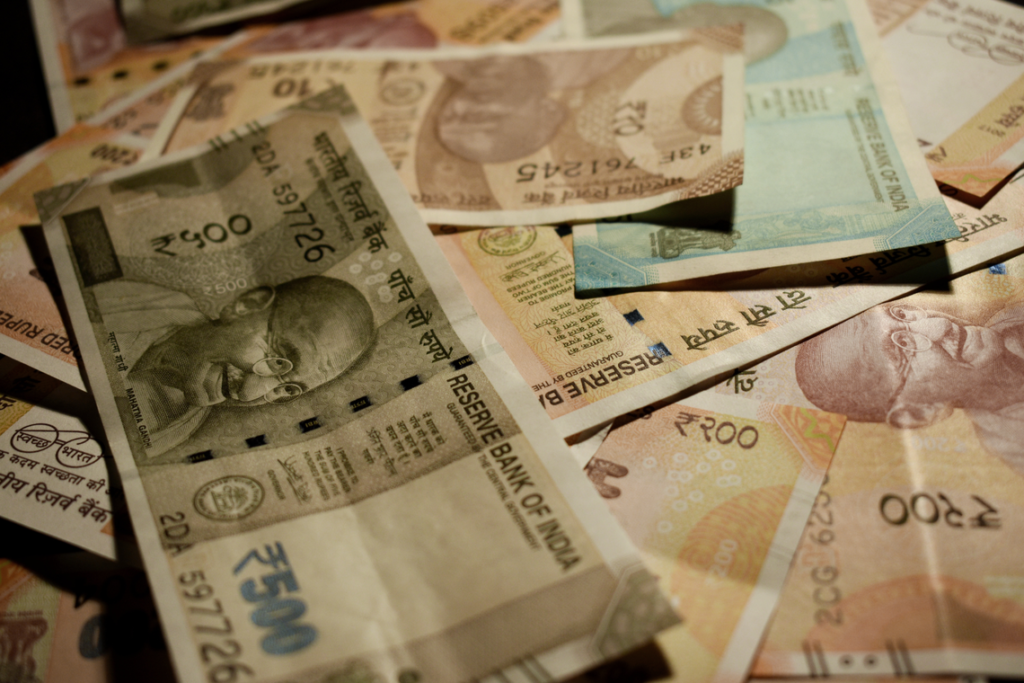I found several gold bars a few months ago while going through someone’s home after their death. Most of the people helping were in their late teens or early twenties. The sight of gold was fascinating to them. It might as well have been a pirate’s treasure chest.
Also present was a 92-year-old woman — the sole beneficiary of the estate. She did not even blink at the sight of gold. It was as normal to her as a bank statement or a stack of twenty dollar bills.
What would have shocked this woman, who has been through the Great Depression, multiple wars, the end of the gold standard, and nearly a century of political and economic history, is Bitcoin. The discovery of private keys in a digital, mobile, or software wallet would have been an oddity for her.

Financial evolution
Fiat money has been the norm for centuries. For most of that time, it was standardized by gold. Before that, gold was the currency used to replace bartering and trade economies. Yet, with time and technology comes change. A decade ago, the average American was not planning to use ApplePay to conduct everyday transactions like paying for dinner or a trip to the gas station. Yet, here we are, making payments with our phones through platforms like PayPal and Venmo on a daily basis. Even banking institutions are getting on board with digital transactions. Recognizing that consumers expect the convenience of banking service availability everywhere, at all times, from any device, major banks are turning to digital banking in increasing numbers. Digital banking offers advantages for bankers as well as consumers. Revenue generation is increased. Manual processes can be replaced with automated services — a long-understood way to cut operational costs. Security and regulatory compliance features can be standardized and automated as well, with features such as encryption, auditing trails, and security certifications becoming a simple function of the software. Features such as person-to-person payments are standard among banking institutions. In fact, only two major banking institutions do not offer person-to-person payments from their mobile applications. The days of sending someone a check in the mail are on their way out.
The digital currency transition
Part of this transition has to do with digital currency 10 years ago, as well as its continued growth as a method of payment and store of value. Cryptocurrency was created to save consumers from the predatory and insecure banking practices found in centralized banking institutions. For the most part, it has met those expectations. However, for governments seeking to capitalize on the digital revolution, the next logical step for central banks would appear to be a transition from fiat money to entirely digital currency. Some governments are even considering a move into a completely cash-free society.A change such as this would be as significant as moving from gold to fiat, or from bartering goods to gold. It also has the potential for plenty of chaos and pain for consumers and governments alike, as payment methods would have to rapidly evolve in order to meet the immediate need. Thus, even if it is inevitably, central banks are being extremely cautious as they explore this change. According to a 2018 BIC survey, most say that such a move is over a decade away.Central banks are now cautiously exploring national cryptocurrencies: https://t.co/7G7Eh2yvi4 by @TedKnutsonDC pic.twitter.com/xdJRKQSFyd
— Forbes Crypto (@ForbesCrypto) January 8, 2019
India as a test case
One bank that has been investigating the possibility of a switch from fiat to digital currency for at least the past six months is the Reserve Bank of India. India and its citizens have been enthusiastic proponents of cryptocurrency from the beginning, so the fact that the country as a whole is looking into a central bank digital currency (CBDC) is not surprising. Citing advantages such as easier in-country payments, better management of the costs of maintaining a physical currency for its population of 1.4 billion people, and reducing risks like money laundering and fraud, India enthusiastically researched the feasibility of a CBDC. Unfortunately, while research indicated that blockchain technology is at a level where it could support a digital currency for an entire nation, India also determined that it needed a greater understanding of cryptocurrency economies in order to confidently launch a successful digital currency at the national level. Therefore, the rupee remains.
Benefits for developing countries
Other countries are reticent to even venture down the path of researching digital currency options. Unsurprisingly, developing nations where the existing currency is unstable-at-best are showing the most interest in implementing a CBDC. For these countries, a CBDC would provide banking options for citizens without access to fiat banking. It would offer safety, security, and faster payments. Yet, many of these governments do not yet see the pervasive use of private cryptocurrencies within their borders. It would be a completely foreign concept for their citizens. It would not be surprising for a change such as this to elicit fear and decrease what little trust in government banking people have. Additionally, many of these countries lack the educational resources and lines of communication necessary to implement such a change — especially to citizens unaccustomed to banking of any kind.Bitcoin superiority
Regardless of whether countries begin to use digital currency systems, the difference between such systems and Bitcoin is the same as the difference between a $100 bill and a gold bar. One has intrinsic value, and the other does not. Making dollars digital doesn’t change the problems that central banks cause regarding inflation. In fact, quite to the contrary, a digital currency system would only make money ‘production’ easier and faster. While some savings would occur on a logistics level, the actual intrinsic value of either asset would not change. In this sense, Bitcoin is far greater in terms of asset value and is ontologically different than any centralized counterpart. Think a centralized digital currency is on the horizon any time soon? Or will Bitcoin and its decentralized cousins remain in a class by themselves? Let us know in the comments below!Disclaimer
In adherence to the Trust Project guidelines, BeInCrypto is committed to unbiased, transparent reporting. This news article aims to provide accurate, timely information. However, readers are advised to verify facts independently and consult with a professional before making any decisions based on this content. Please note that our Terms and Conditions, Privacy Policy, and Disclaimers have been updated.

Jon Buck
With a background in science and writing, Jon's cryptophile days started in 2011 when he first heard about Bitcoin. Since then he's been learning, investing, and writing about cryptocurrencies and blockchain technology for some of the biggest publications and ICOs in the industry. After a brief stint in India, he and his family live in southern CA.
With a background in science and writing, Jon's cryptophile days started in 2011 when he first heard about Bitcoin. Since then he's been learning, investing, and writing about cryptocurrencies and blockchain technology for some of the biggest publications and ICOs in the industry. After a brief stint in India, he and his family live in southern CA.
READ FULL BIO
Sponsored
Sponsored

